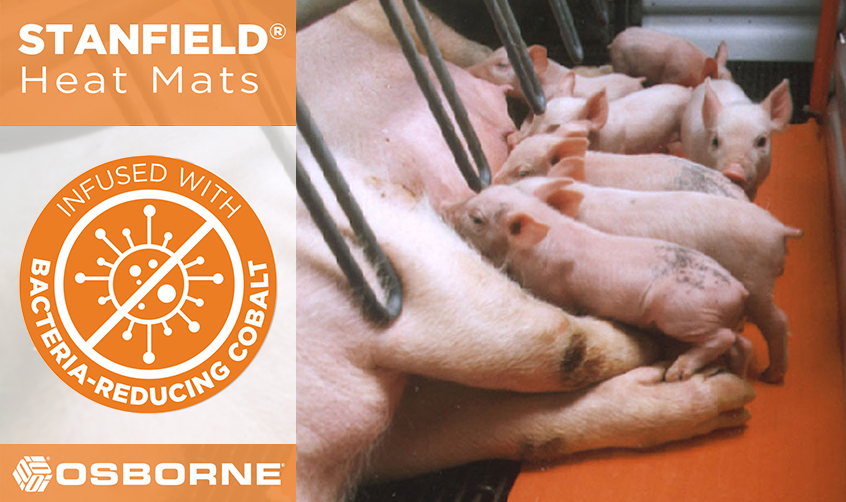



Burger King Announces Animal Welfare Reforms
US - Burger King Corp. announced that it will eliminate the practices of confining breeding pigs in gestation crates and egg-laying hens in battery cages from its US supply chain, a move supported by The Humane Society of the United States.HSUS reports that according to its new policy, Burger King Corp. will transition to 100 per cent cage-free eggs for all US locations within five years, and only purchase pork from suppliers that have documented plans to end their use of gestation crates for breeding pigs.
"For more than a decade, Burger King Corp. has demonstrated a commitment to animal welfare and, through our BK Positive Steps corporate responsibility program, we continue to leverage our purchasing power to ensure the appropriate and proper treatment of animals by our vendors and suppliers," said Jonathan Fitzpatrick, chief brand and operations officer of Burger King Corp. "We are proud to announce these new, industry-leading commitments that support meaningful standards of humane treatment in our US supply chain."
"Burger King Corp. has demonstrated when it comes to America’s largest fast food chains, it continues to set the standard," said Wayne Pacelle, president and CEO of The HSUS. "These changes by Burger King Corp. will improve life for countless farm animals and encourage other companies to abide by animal welfare principles up and down their supply chain."
In 2007, following discussions with HSUS, Burger King Corp. became the nation's first major restaurant company to begin phasing in cage-free products. Yesterday's announcement stems from the company's work on this issue over the past five years.
Burger King Corp. operates more than 12,500 locations worldwide.
Decision concerns National Pork Producers Council
Hog farmers are committed to producing safe, affordable and healthful foods for consumers, using industry standards and practices that have been designed with input from veterinarians and other animal-care experts. Providing humane and compassionate care for their pigs at every stage of life is one of the ethical principles to which US hog farmers adhere.
With regard to Burger King’s decision to require its pork suppliers to phase out individual sow housing, the National Pork Producers Council is concerned that such action will significantly increase production costs – and eventually consumer prices – force US hog farmers out of business and lead to more consolidation of the pork industry, all with no demonstrable health benefits to sows.
NPPC supports the position taken by the American Veterinary Medical Association and the American Association of Swine Veterinarians, which recognize gestation stalls and group housing systems as appropriate for providing for the well-being of sows during pregnancy. In fact, the key factor that most affects animal well-being is husbandry skills – that is, the care given to each animal. There is no scientific consensus on the best way to house gestating sows because each type of housing system has inherent advantages and disadvantages.
While NPPC respects the right of companies to make business decisions that are in their best interests, it seems that Burger King was bullied by an animal rights group whose ultimate goal is the elimination of food-animal production. The Humane Society of United States has no concern for the hog farmers who care for their pigs every day, for families struggling to purchase food or for the hog farms that likely will go out of business – costing rural America thousands of jobs – because of its campaign against America’s farmers and ranchers.








